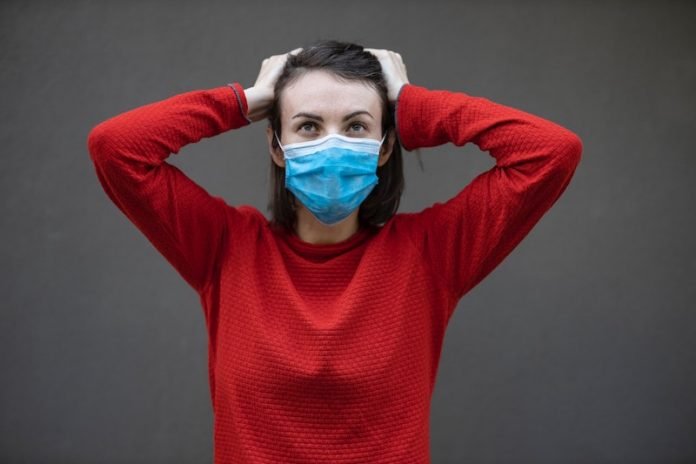
In a recent study published in Diabetes Care, researchers at Tulane University found Patients with COVID-19 who had metabolic syndrome were over three times more likely to die from the disease.
Metabolic syndrome is a cluster of at least three of five conditions—high blood pressure, high blood sugar, obesity, high triglycerides, and low HDL cholesterol (‘good’ cholesterol)—that increases the risk for heart disease.
In the study, the team followed outcomes for 287 patients hospitalized for COVID-19. The mean age of the patients was 61 years old and almost 57% were women.
The most common conditions were high blood pressure (80%), obesity (65%), diabetes (54%), and low HDL (39%).
The researchers looked at two groups—those diagnosed with metabolic syndrome and those who weren’t.
They tracked outcomes including if patients were admitted to an intensive care unit, placed on a ventilator, developed acute respiratory distress syndrome (ARDS), or died from the disease.
Almost 66% of the patients in the study had metabolic syndrome.
When these cases were compared with patients without the condition, 56% vs 24% required the ICU, 48% vs 18% required a ventilator, 37% vs 11% developed ARDS, and 26% vs 10% died.
Importantly, the patients with metabolic syndrome were 3.4 times more likely to die from COVID-19 than those who didn’t have the condition.
These patients were also nearly five times more likely to be admitted to an ICU, need a ventilator, or develop ARDS.
In addition, being obese or having diabetes was linked to increased odds of ICU admission and being put on a ventilator.
The team says metabolic syndrome should be considered a composite predictor of COVID-19 lethal outcome, increasing the odds of mortality by the combined effects of its individual components.
They would advise anyone who meets the criteria for metabolic syndrome to be vigilant in taking measures to reduce risk or exposure to the COVID-19 virus.
Copyright © 2021 Knowridge Science Report. All rights reserved.



